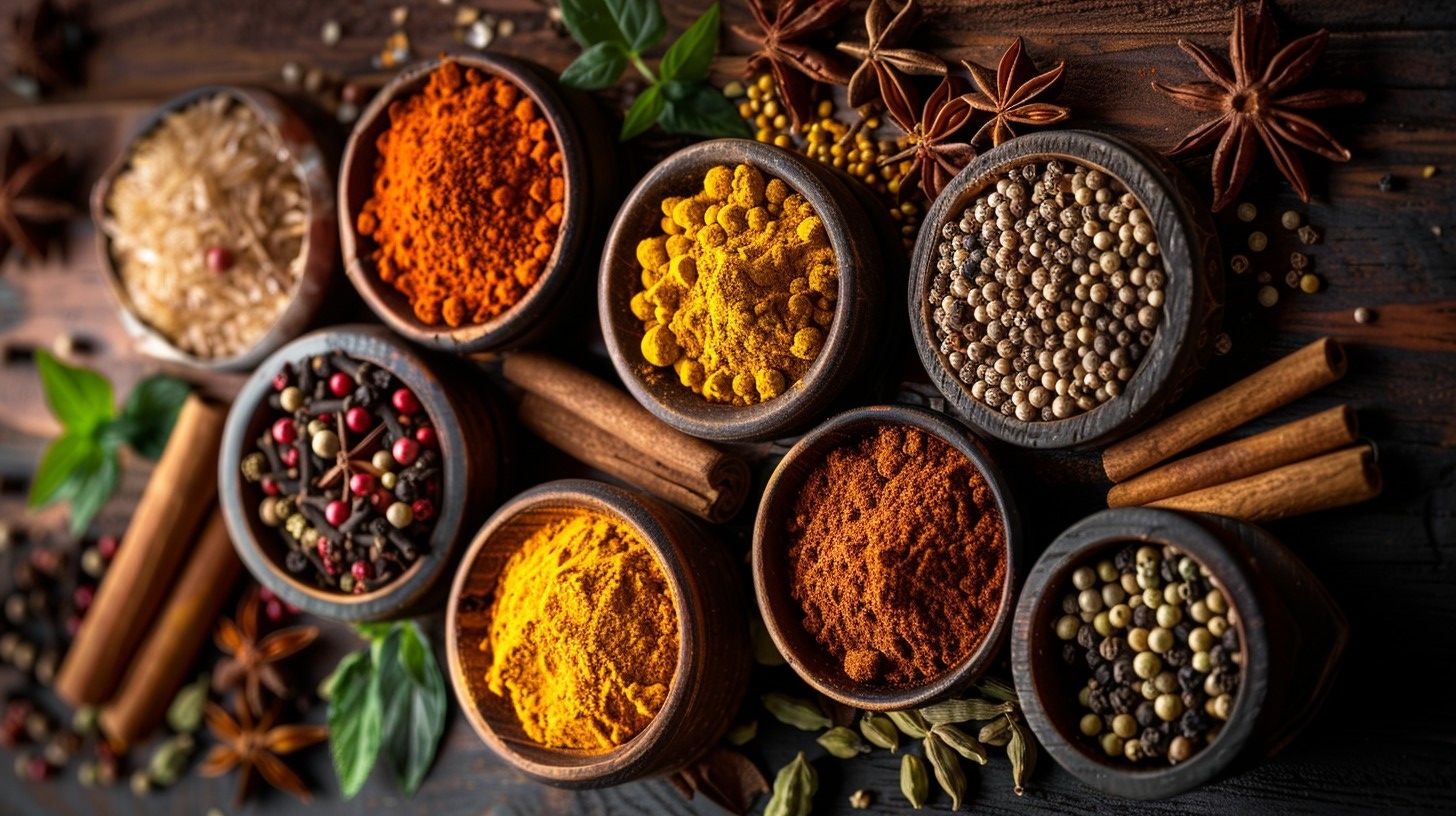Piles, also known as Hemorrhoid, can cause discomfort, pain, and inflammation in the anal and rectal areas. These swollen blood vessels often lead to symptoms such as itching, burning, and bleeding, particularly during bowel movements. While conventional treatments exist, many individuals are turning to holistic remedies to promote natural healing and relieve discomfort. Ayurvedic medicine, with its long tradition of herbal care, offers promising support for piles through a blend of potent natural ingredients.
Dives into the fundamentals of piles care and explores how specific Ayurvedic herbs can help manage inflammation, ease bowel movements, and support tissue healing. From reducing swelling to soothing irritated tissues, nature offers a variety of healing tools to complement conventional care.
Understanding Piles: Causes and Challenges
Piles result when the veins around the anus and rectum become swollen or inflamed. Several factors contribute to this condition, including chronic constipation, prolonged sitting, dietary habits low in fiber, and increased abdominal pressure during pregnancy. Common challenges associated with piles include:
- Pain and Discomfort: Swelling and irritation can cause persistent pain, especially during bowel movements.
- Itching and Burning: Inflamed tissues often result in uncomfortable itching and a burning sensation.
- Bleeding: The delicate lining of the swollen vessels can lead to occasional bleeding, further aggravating the condition.
- Inflammation: Inflammation is a key component, worsening the overall discomfort and potentially leading to complications if left unmanaged.
The Ayurvedic Approach to Piles Care
Ayurveda views piles as a manifestation of an imbalance in the body’s doshas, especially aggravated Pitta (fire) and Vata (air) energies. The condition is often attributed to poor dietary habits, insufficient fiber intake, and unhealthy lifestyle practices that lead to toxin buildup and inflammation. Ayurvedic practices emphasize a holistic approach including:
- Detoxification: Helping the body clear toxins and restore balance.
- Anti-inflammatory Remedies: Reducing swelling and soothing irritated tissues.
- Improved Digestion: Facilitating smoother bowel movements through enhanced digestive function.
- Local Healing: Utilizing herbal applications and internal tonics to support tissue repair.
By addressing both the symptoms and underlying imbalances, Ayurvedic herbs provide a natural complement to conventional treatments and encourage the body’s innate healing mechanisms.
Key Ayurvedic Herbs for Piles Management
Below is an exploration of the specific Ayurvedic herbs traditionally used to address piles. Each herb contributes unique properties that collectively work to reduce inflammation, promote healing, ease digestion, and restore tissue balance.
Triphal
Triphal is a revered Ayurvedic formulation composed of three potent fruits: Amalaki, Bibhitaki, and Haritaki. Known for its detoxifying and digestive benefits, Triphal supports piles care by:
- Aiding in Gentle Detoxification: Helps cleanse the digestive tract, facilitating the removal of toxins that can contribute to inflammation.
- Enhancing Bowel Regularity: Promotes smoother bowel movements, reducing the strain that can exacerbate piles.
- Balancing Digestive Fire: Regulates digestive enzymes and balances the doshas, creating a conducive environment for healing.
Haritaki (Terminalia chebula)
Haritaki, known scientifically as Terminalia chebula, is one of the key components in many Ayurvedic formulas. Its benefits for piles care include:
- Promoting Digestive Health: Acts as a mild laxative, aiding in regular bowel movements and reducing constipation.
- Anti-inflammatory Properties: Helps reduce swelling and discomfort by soothing inflamed tissues.
- Supporting Tissue Regeneration: Provides antioxidant protection that assists in the repair and rejuvenation of affected tissues.
Neem
Neem is a potent herb known for its antimicrobial and anti-inflammatory properties. In the context of piles care, Neem offers:
- Infection Control: Its natural antibacterial properties help prevent infections in the affected area.
- Reduction of Inflammation: Soothes the swollen tissues and eases pain by reducing inflammation.
- Promoting Healing: Aids in tissue repair and reduces the risk of recurrent flare-ups through its detoxifying action.
Harad Bahed
Harad Bahed combines the virtues of Harad (Terminalia chebula) and Bahed (commonly referring to Terminalia bellirica), forming a synergistic blend. Its benefits include:
- Digestive Support: Enhances digestion and ensures smooth elimination, reducing the strain associated with bowel movements.
- Anti-inflammatory Action: Works to alleviate pain and swelling by reducing inflammation in the rectal area.
- Detoxifying Effects: Supports the removal of toxins, fostering an environment conducive to healing.
Naag Kesar
Naag Kesar (also known as saffron) is a highly prized herb in Ayurvedic medicine, known for its potent healing properties. For piles care, Naag Kesar contributes by:
- Reducing Inflammation: Saffron contains compounds that effectively lower inflammatory responses, easing discomfort.
- Supporting Circulation: Promotes better blood flow, which aids in the healing process of swollen tissues.
- Antioxidant Benefits: Provides a robust antioxidant defense, protecting cells from oxidative damage.
Aloe Vera
Aloe Vera is well-known for its soothing, healing, and moisturizing properties. Its benefits for piles care include:
- Soothing Irritated Tissues: Its cooling gel helps reduce discomfort, itching, and burning sensations around affected areas.
- Anti-inflammatory Effects: Works to diminish swelling and ease inflammation, promoting faster recovery.
- Healing and Regeneration: Encourages tissue repair and improves the overall condition of the skin by delivering essential nutrients to the affected area.
Integrating Herbal Remedies into Your Daily Routine
Incorporating these herbal remedies into your daily regimen can enhance the body’s natural ability to heal and maintain proper digestive function. Consider the following approaches:
- Herbal Supplements and Powders: These ingredients can be taken in powder or capsule form, ensuring consistency in your care routine.
- Herbal Teas and Decoctions: Infuse Neem, Triphal, or Aloe Vera extracts into teas for a soothing, internal cleanse.
- Topical Applications: Aloe Vera can be applied directly to affected areas for immediate relief of irritation and inflammation.
Lifestyle Considerations for Piles Relief
While herbal remedies offer significant relief, they work best when combined with a holistic lifestyle that supports overall digestive health:
- High-Fiber Diet: Ensure your meals are rich in fiber to promote smooth bowel movements and reduce strain.
- Hydration: Drinking plenty of water helps in softening stools and facilitating detoxification.
- Regular Exercise: Gentle physical activities, such as walking or yoga, can improve circulation and reduce the pressure on veins.
- Stress Management: Meditation and deep breathing techniques help lower stress levels, which can influence digestive health and healing.
Conclusion and Final Thoughts
Piles can significantly impact quality of life, but nature offers a wealth of healing resources to support relief and recovery. Ayurvedic herbs like Triphal, Haritaki, Neem, Harad Bahed, Naag Kesar, and Aloe Vera are time-tested allies in reducing inflammation, soothing irritated tissues, and enhancing overall digestive health. By integrating these herbs into daily routines—be it through supplements, teas, or topical applications—one can harness natural healing processes and nurture a more balanced, comfortable life.
Embracing the synergy of these Ayurvedic herbs not only provides targeted relief for piles but also contributes to overall wellness. Always consult with a healthcare professional before integrating new remedies, especially if you have underlying health conditions. By combining natural herbal care with healthy lifestyle practices, you pave a path toward improved digestive health and a more comfortable, vibrant life.

